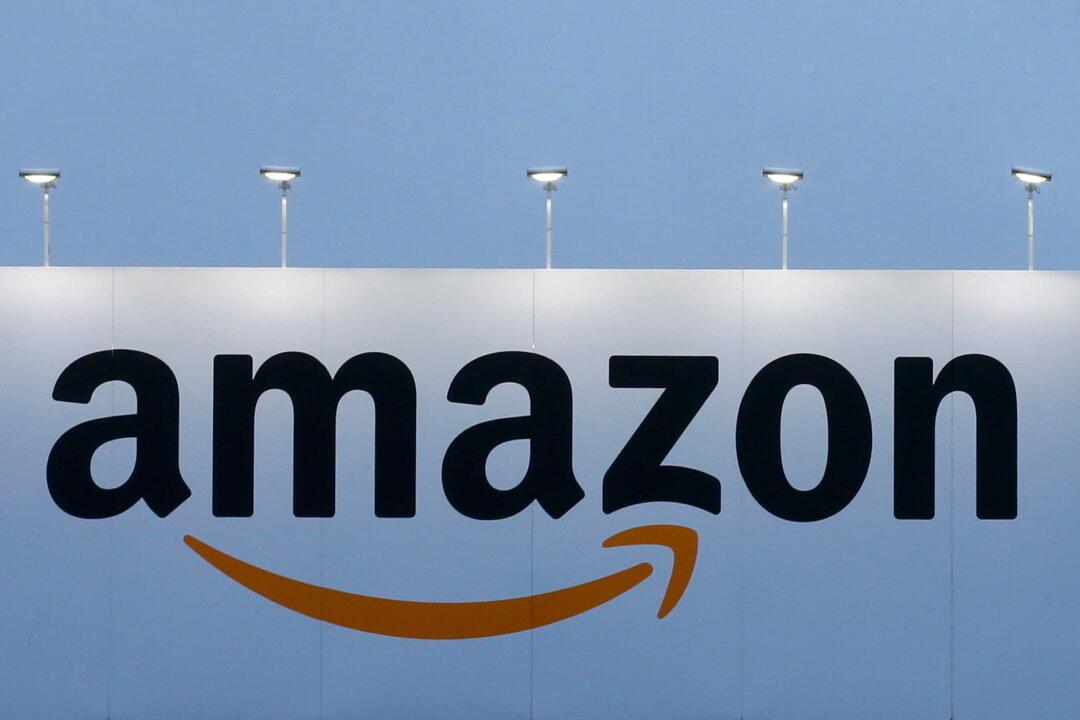Amazon.com Inc received a rare “underperform” rating from BNP Paribas Exane on Wednesday, with the French brokerage saying the e-commerce giant faces a bumpy ride ahead due to surging inflation and higher expenses.
Analyst Stefan Slowinski said investments during the COVID-19 pandemic to build fulfillment centers for faster deliveries and employee bonuses to keep its warehouses staffed in a tight U.S. labor market may eat into the company’s margins.





